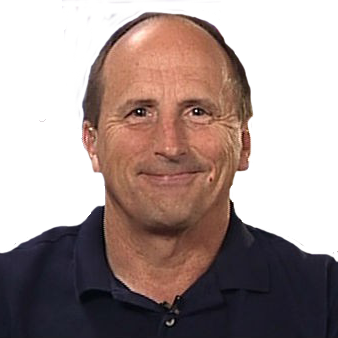
Richard Justicee
Biography
Richard Justice grew up in Waxahachie, Texas. A graduate of the University of Texas, Justice has covered some of the biggest events in sports and has worked at some of the best newspapers during his career. Those include the Dallas Times Herald, The Chicago Sun Times, the Houston Chronicle, Baltimore Sun and The Washington Post. He is now a columnist for MLB.Com.
Justice covered the inaugural season of the Dallas Mavericks, many Super Bowls, including the Redskins 1991 championship, the Texas Longhorns National Championship in 2005 and the Houston Astros’ World Series appearance. He has been beat reporter, columnist and feature writer. He is now a featured columnist for the digital publication for Major League Baseball, MLB.com. He views the press pass as a powerful tool; and he remains driven, still in love with his work, still his own biggest critic.
I grew up in a small town called Waxahachie, Texas, about 30 miles south from Dallas.
The newspaper was a prime asset to my daily life growing up. My family received newspapers every day: the Dallas Times Herald and the Dallas Morning News.
My appreciation and passion for journalism stemmed from a young age. When I was 10 years old President Kennedy was assassinated in Dallas. It was a shock across the nation but even more so for me as it occurred in my backyard.
In Fort Worth that weekend, people would wait in line for two to three hours to get the latest edition of the Fort Worth Star Telegram and then they would get back in line to get another edition. I saw how essential newspapers were to people’s lives in the wake of the Kennedy assassination. From that point on I had a veracious appetite for the news.
Through newspapers I developed an appreciation of for quality sportswriting. I went to the University of Texas and worked at the student newspaper, The Daily Texan.
We had a circulation of about 35,000 and the New York Times named us best student newspaper in the country during my tenure. I was honored to work with a conglomerate of great minds in the business who have had extremely successful careers.
People like Mary Walsh, producer for David Martin on CBS, Randy Harvey, Denny Robbins and Bill Trott. The Daily Texan presented a great learning environment. We competed with one another and we encouraged one another.
We thought we were better than any of the newspapers around the state of Texas, and in some cases I think we were. It was a newspaper that wanted to be objective, fair, and thorough and comprehensive and it launched my career.
Jon Miller, the play-by-play voice of the San Francisco Giants, told me that when he would go to Giants baseball games as a kid, while all the other kids were staring at at Willie Mays and Willie McCovey, he would stare at the press box to get a look at Russ Hodges, the Giants radio broadcaster. I was the same way with my (sportswriting) heroes.
Growing up near Dallas, the Cowboys were a lifestyle. When I would go to games as a youngster, though I loved the Cowboys, the guys that really interested me were the men reporting on the game. Reporters Blackie Sherrod, Steve Perkins and Frank Luksa were the personalities that I looked for in the press box and gave me pregame jitters. I wanted to do what they did.
In 1974, the summer before my senior year at the University of Texas, I interned for the Dallas Times Herald. One of my jobs that summer was to go get lunch for Blackie Sherrod, this guy that I had idolized, and Frank Luksa. Being able to bask in their presence made me feel the way I envisioned as a journalist and gave me the adrenaline to work up to their standards.
I got out of school in 1975 and my first job was in Abilene, Texas, as a news reporter as they had no openings in the sports department. In hindsight, this was great for me.
I would do news coverage one night a week, work the news copy desk one day a week, write obituaries and do some sports writing when needed. This experienced forced me to see that the world was more than just sports writing. It gave me some context of the world.
I then got a job back in Austin, Texas working at a five-day-a-week newspaper called the Austin Citizen. There I laid out the paper, wrote the stories and edited the photographs. I did the whole thing. That led to a copy desk job at the Austin American Statesman in 1978. In the summer of that same year I got my first big break.
The Dallas Times Herald hired me to cover high school sports. In Texas, high school sports are a huge deal. I covered football sensations Craig James and Hall-of-Fame running back Eric Dickerson, as well as other highly recruited athletes out of the lone star state.
I was in Sealy, Texas, when Eric Dickerson showed up in a gold Pontiac Trans-Am after choosing SMU. I covered Dickerson during my second year at the Dallas Times Herald in 1979-1980.
The following year the Mavericks were born and I covered them. In their inaugural season the Mavericks’ head coach was Dick Motta. He coached the Bullets to an NBA Championship in 1978 and was a fantastic person to cover.
He understood our jobs and he would say “I know what your job is; your job is to explain what happened on the court and take people into the locker room.” I felt blessed to be able to cover a guy like that.
I then bounced around the industry. I went to the Chicago Sun Times and covered the Bulls for a while, then went to Fort Worth briefly to cover the Cowboys. My second big break was in 1983. I was hired by the Baltimore Sun to cover the Orioles, which I did for two years. Then I got my big break. In 1985 George Solomon hired me to work at The Washington Post.
Everything I am today is because George Solomon gave me a chance to work at The Post. It was full of ambitious and brilliant people.
The Washington Post was one of those places, and a lot of this was to George’s credit, that when you walked in the door, you felt the energy of the place. Tony Kornheiser was really a great guy. George called him the “conscience of the staff.” He was a guy you could go to and bounce ideas off of. His judgment was impeccable.
Michael Wilbon and I traveled together on the road while covering the Redskins. He brings an abundance of energy. I never saw Michael Wilbon have a bad day. He always had the sense that something great was going to happen at the stadium that day and we would be there to chronicle it. There’s a line Marv Levy told the Buffalo Bills while he was coaching, “where would you rather be than right here, right now.” Michael was part of that.
Tom Boswell brought charisma to the staff. He has been going to baseball games and football games for 40 years and was excited to be there every single day. The way he looked at it was, there was always going to be something for him to write about, something that he hadn’t seen before. He had an amazing interviewing style.
A guy like Eddie Murray was somewhat distrustful of the press and Boswell would go up to him and just start talking. You couldn’t tell Boswell to “get away from me” because he had so much passion about what he was doing and cared so much that you were going to be engaged.
I covered the Orioles for four or five years then I picked up the Redskins beat for four or five years at The Post. I got to know Joe Gibbs very well and experienced the satisfaction of covering the Redskins magical 1991 Super Bowl season.
I also covered the NBA’s Bullets for a couple years when Chris Webber and Juwan Howard got there before I went back and wrote columns on the Redskins and Major League Baseball.
There was never day that I walked into that building on 15th street that I didn’t feel I was so lucky that George allowed me to work there. He is a pillar in the sports journalism world and a major catalyst for my growth and success as a sports journalist. George created the environment that allowed us all to thrive.
Even in a top market, people are always looking for greener pastures and the next job. Dave Kindred says to George one day at lunch, “Hey George, how long are you going to do this?” and George says, “I work for the best publishers in the history of newspapers, Kay Graham and Don Graham, I work for the best editor who ever walked this earth, Ben Bradlee, I have the greatest staff. I couldn’t have anything better than I’ve got right now.” He was driven and I think I had the same DNA because I was driven and I think we were great for each other. Every thing I am, my home, my kids everything were because of George Solomon and because he gave me a chance to work at an amazing environment. The environment at the Washington Post was magic.
In 2000 I went back home to Texas to work at the Houston Chronicle. I became the lead columnist in 2004. I covered many big games over the next few years with the Astros World Series appearance and the Texas Longhorns National Championship in 2005. The Rockets were tremendous to cover. They had a 22-game win streak in there with Yao Ming leading the way.
While covering my hometown teams I found the people around me would ask if I root for the teams I am covering? My answer was: you’re always rooting for yourself. That means you root for the story. I felt blessed to get to know guys like Mack Brown and Vince Young because people cared about what you were writing. There was a time when the Astros had the whole city of Houston in the palm of their hand. You know that people are devouring every single word you write.
By 2011, the newspaper business was in a steep decline and my salary at the Chronicle had gotten to a point where I was fearful of losing my job. Dinn Mann, from Major League Baseball, hired me to work at MLB.com.
Mann’s grandfather, interesting enough, built the Astrodome in Houston, originally known as the “eight wonder of the world,” was the first domed sports stadium in the world. Dinn Mann previously worked as sports editor in Houston and Kansas City. He gave me a chance to work in the digital landscape.
I love the immediacy news in the modern day. I work with people who understand that there’s a need to consume news on your phone with an audio and visual component.
Being able to work the digital side of sportswriting is really great. Because of Twitter and Facebook, you deliver your own content. People are not going to walk to the driveway and pick up a newspaper anymore. They’re going to get it on their phones, on their tablets and on their desktops. That part of it I love.
When it comes to my experiences being a sports journalist, I found that the most difficult part was covering a beat. It’s just the competitive nature of it. I couldn’t go to sleep until 12:30 a.m. because I knew the Washington Times rolled into The Post around 11:45-12 a.m. and the editors would have a chance to look at it. If I didn’t get a call by 12:30, I hadn’t been beaten on a story. That’s the difficult part of it.
Another sacrifice is family life. My wife came with me on an Orioles road trip to New York City. It was to be our last little trip without kids. Little did we know, my daughter would be born during the trip in the early morning hours of June 17, 1987 when I was covering the Orioles. I finished my story and rolled into Lennox Hill Hospital at 1 a.m. and the doctor asks, “where the hell have you been? You’re about to be a father,” and I respond “yeah but Alan Wiggins forgot how many outs there were.”
Even some of my proudest stories came with major repercussions. I had the scoop of the Redskins firing their coach on January 4, 1994. It’s an A1 story above the crease at The Washington Post. Because of that story I missed my daughter’s second birthday party. You cant get that back. George once said to me, “you will never have a work and life balance. Ambitious people will never have that balance.” That was the difficult part of it.
Being a reporter is a difficult job but one I loved and always felt lucky to have. I feel lucky to have the job I have now, I felt lucky to have my job at The Washington Post and lucky with my job at the Dallas Times Herald. I always understood that I was very fortunate to get up every day and do what I loved doing.
I’ve seen the world because of what I do. I was in Japan for three weeks with the Orioles and in London with the Redskins. I was only allowed to do that because of my job.
The expenses were a luxury as well. Whatever money you needed to travel they provided. The Post would call say and me on Friday; “Downie wants a piece on Mark McGwire for Sunday.” That you have to stop what I was doing, fly to New York on the soonest plane and spend two days with Mark McGwire. At the end of the two days sit down and I needed to write a 4,000-word story for the Sunday paper. It’s hard not to thrive in an environment like that.
Aspiring journalists are entering an exciting time in the journalism industry. With the Internet and social media, there are so many different outlets to get your name out. With that said, there are not many that pay actual U.S. dollars. One thing that is most important is the legitimacy of outlets.
For every NFL game, 10,000 articles are being written but there’s only a limited number of people that have a press pass and can go down into the locker room and ask the starting quarterback, “why did you throw where you threw?”
That’s what I think the traditional mainstream media still offers. Everyone still has an opinion, there are opinions everywhere, but there are not many opinions based on facts.
When you read Tom Boswell columns on the Nationals, it’s not just his perspective; it’s his perspective along with hours and hours of reporting. From conversation with players to team executives, all angles of the story are covered. That’s the advantage we still have now. You have to persevere more than ever because the pool of jobs is shrinking. We’re in an uncertain time in the industry but I believe in my heart that there will always be value in basic reporting.
I believe there is no better job in journalism than a local sports columnist. A local reporter knows the people they’re writing about intimately and they know the people they’re writing for intimately. That is what its all about.
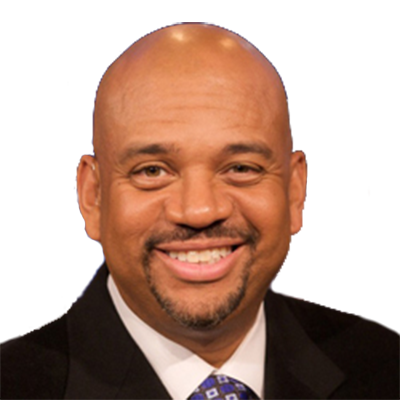 Michael Wilbon
Michael Wilbon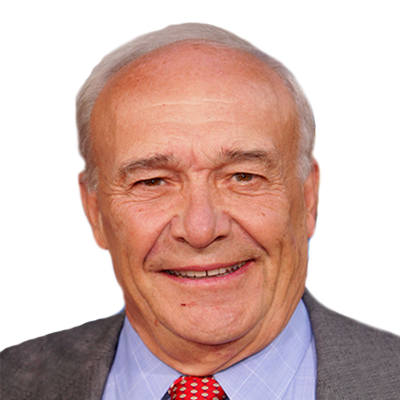 Bill Nack
Bill Nack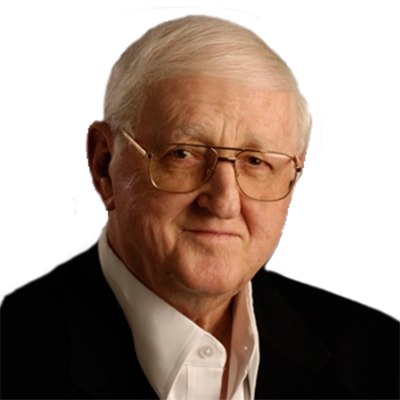 Dan Jenkins
Dan Jenkins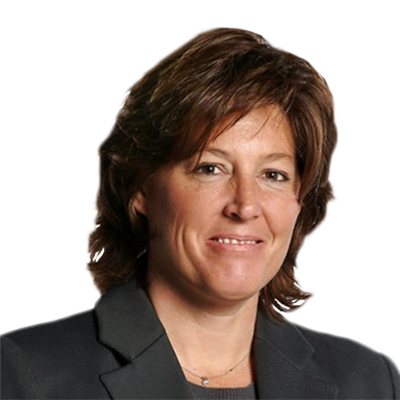 Sally Jenkins
Sally Jenkins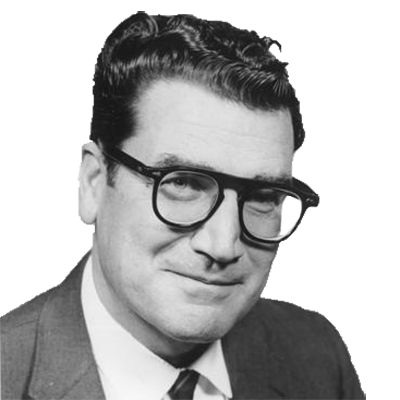 Jim Murray
Jim Murray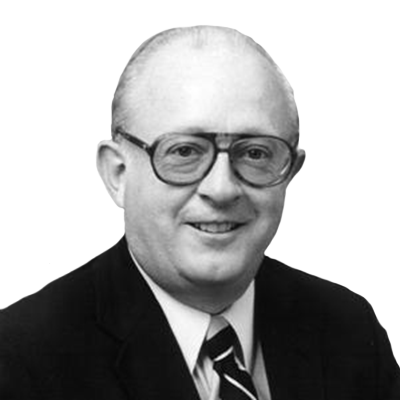 Dave Anderson
Dave Anderson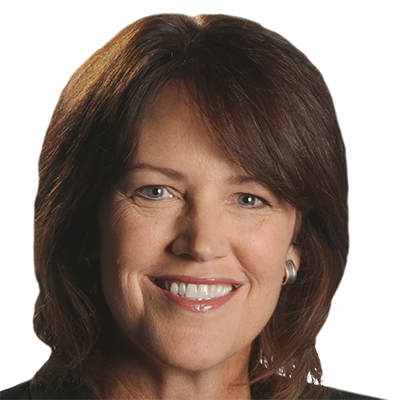 Christine Brennan
Christine Brennan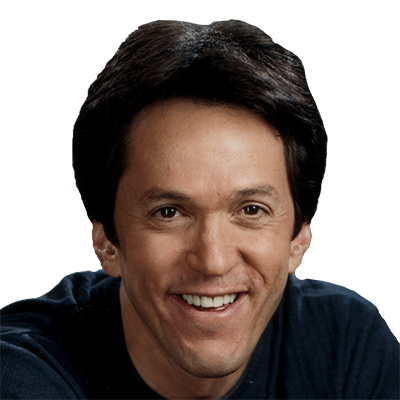 Mitch Albom
Mitch Albom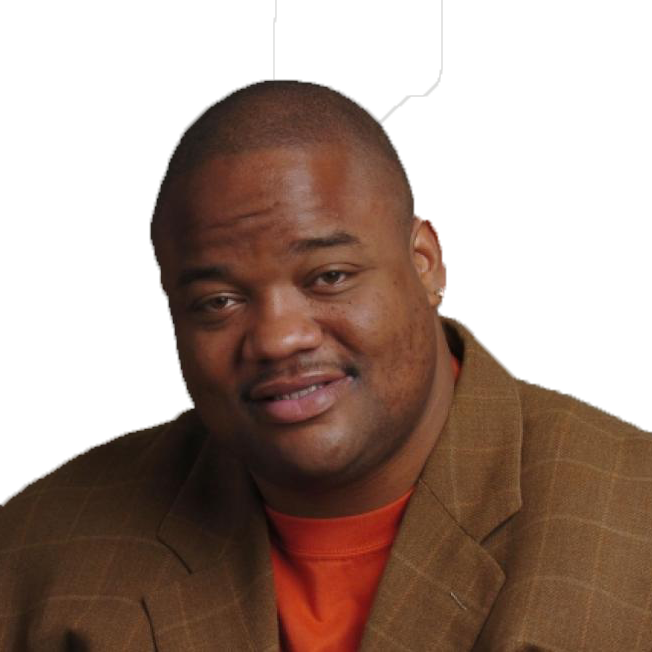 Jason Whitlock
Jason Whitlock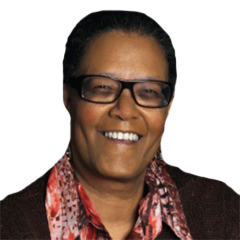 Claire Smith
Claire Smith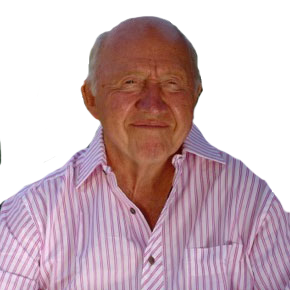 Bud Collins
Bud Collins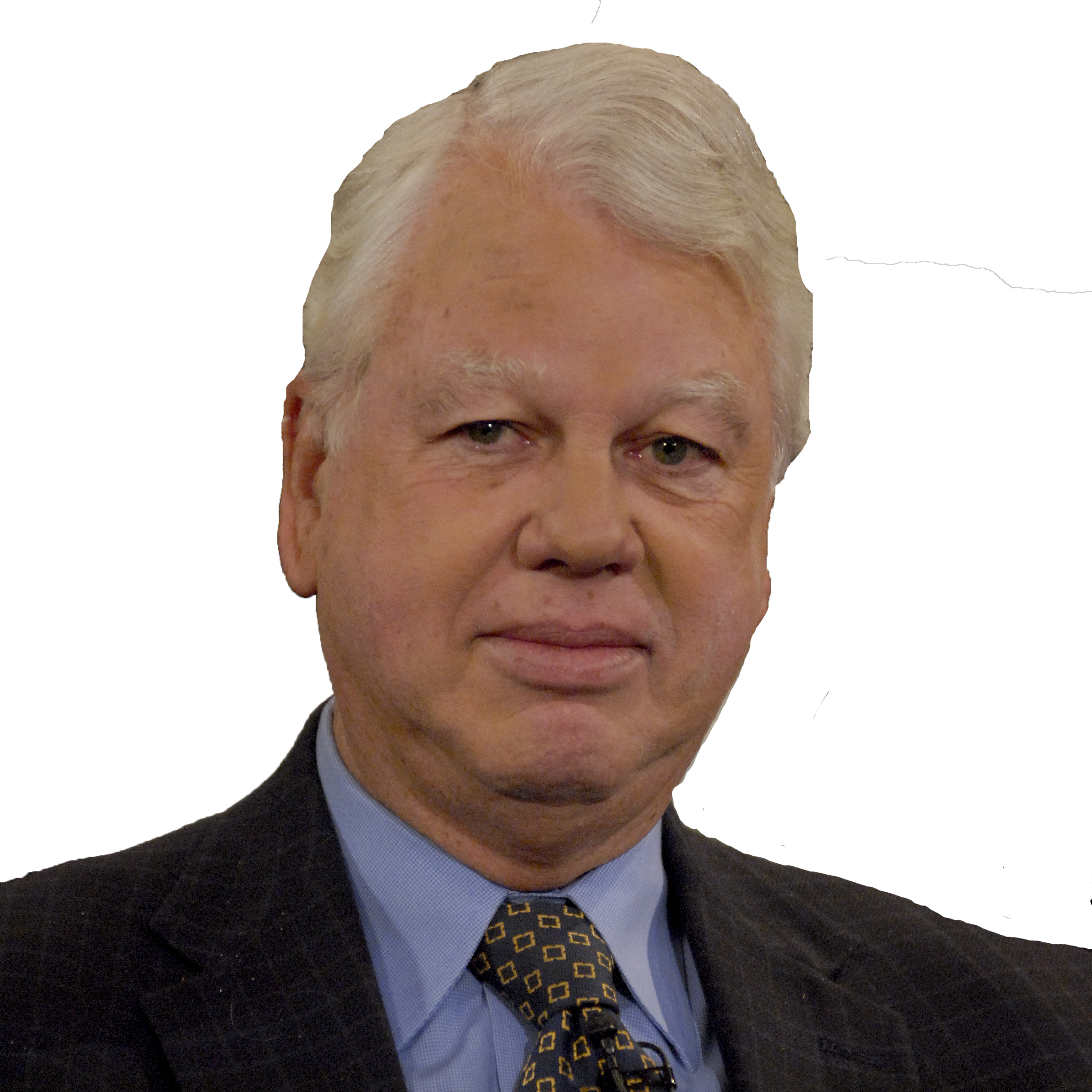 Bob Ryan
Bob Ryan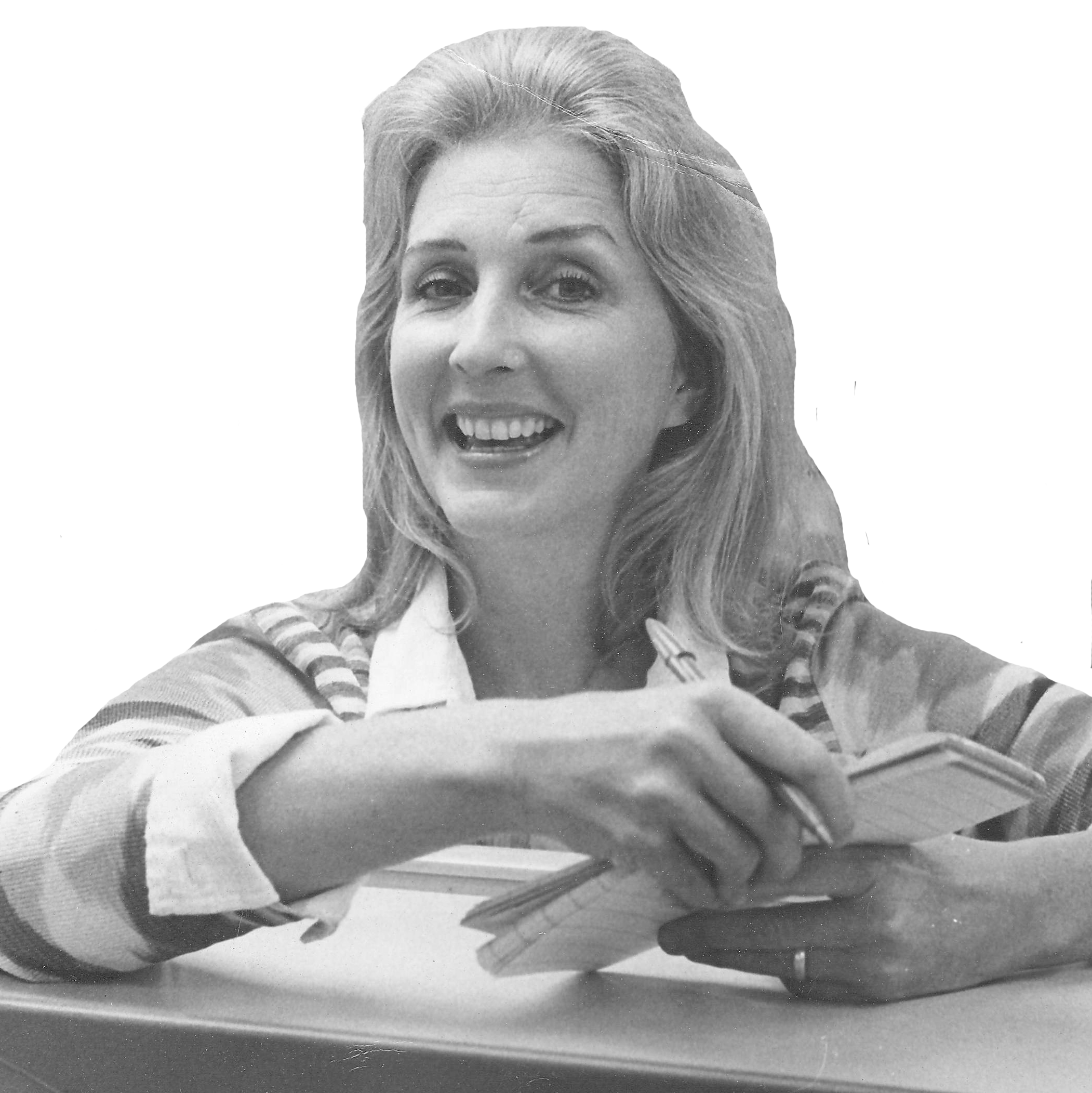 Joan Ryan
Joan Ryan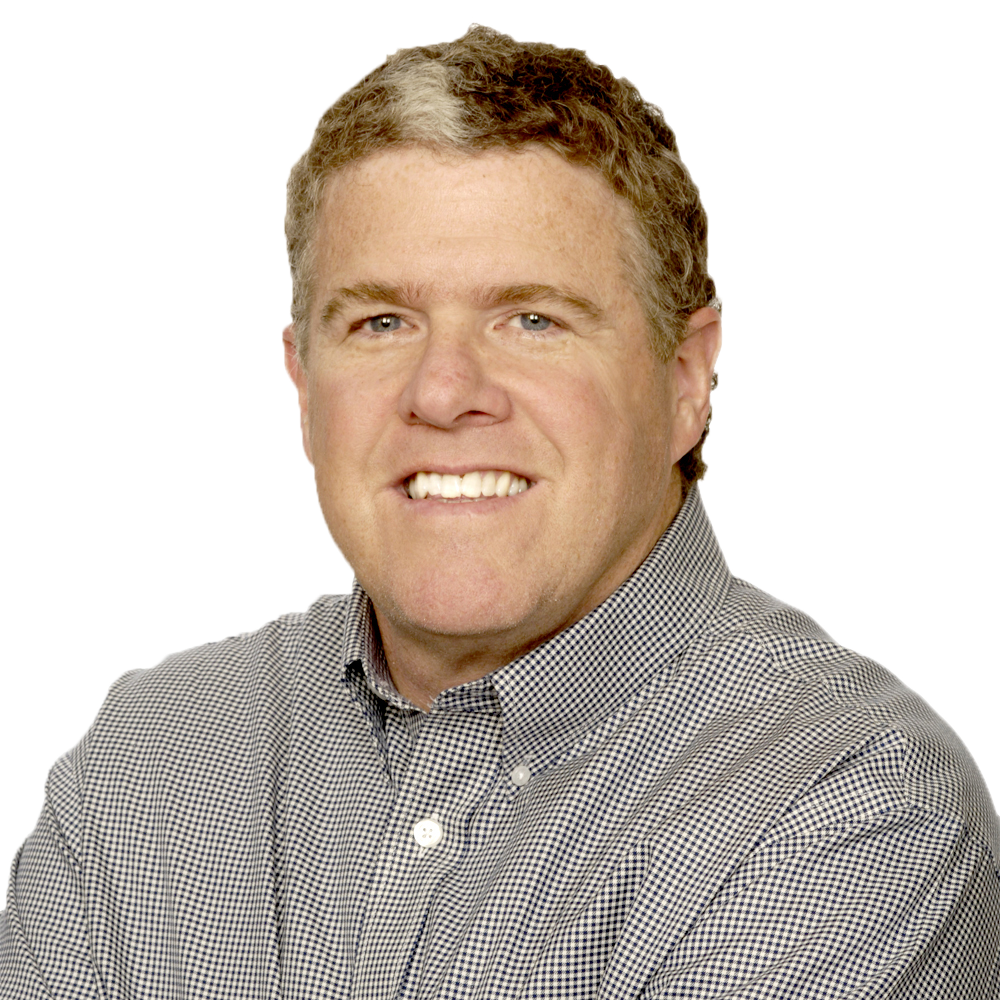 Peter King
Peter King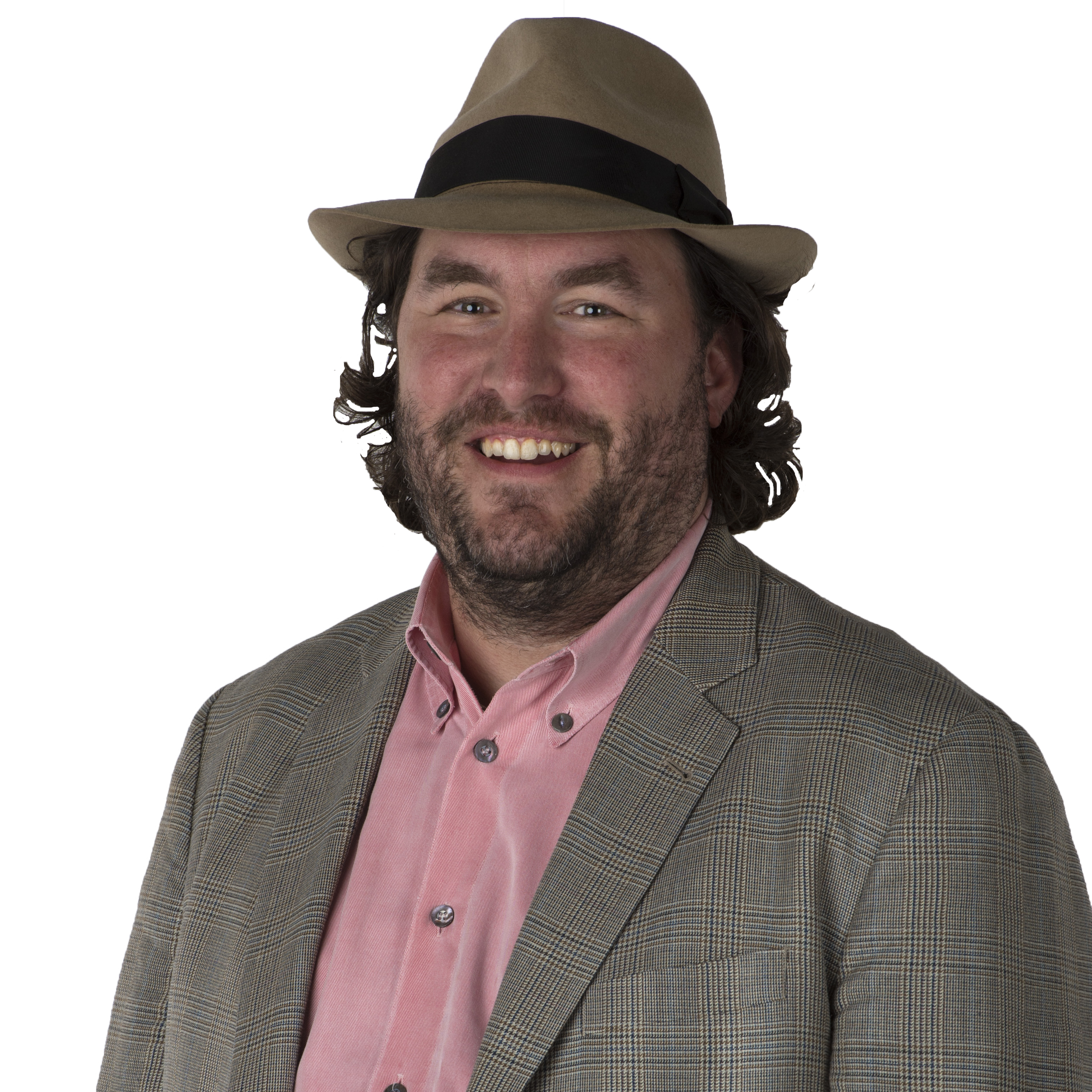 Wright Thompson
Wright Thompson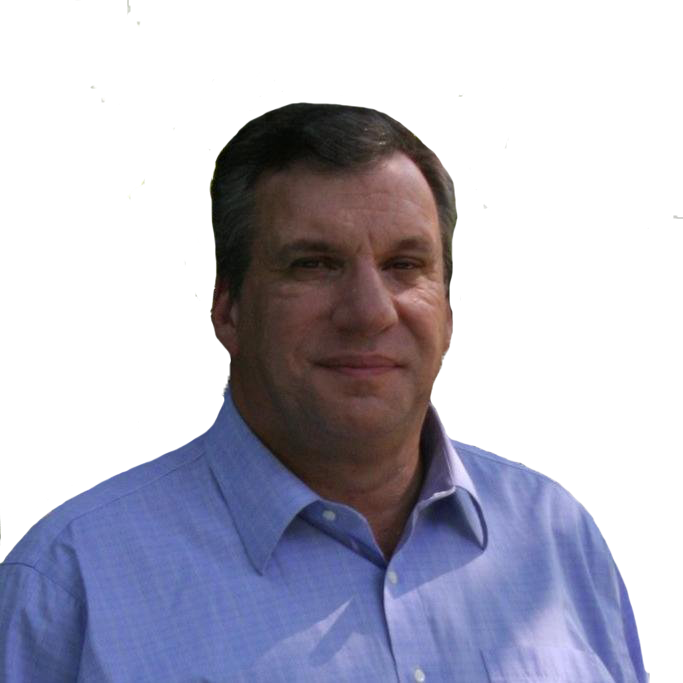 John Feinstein
John Feinstein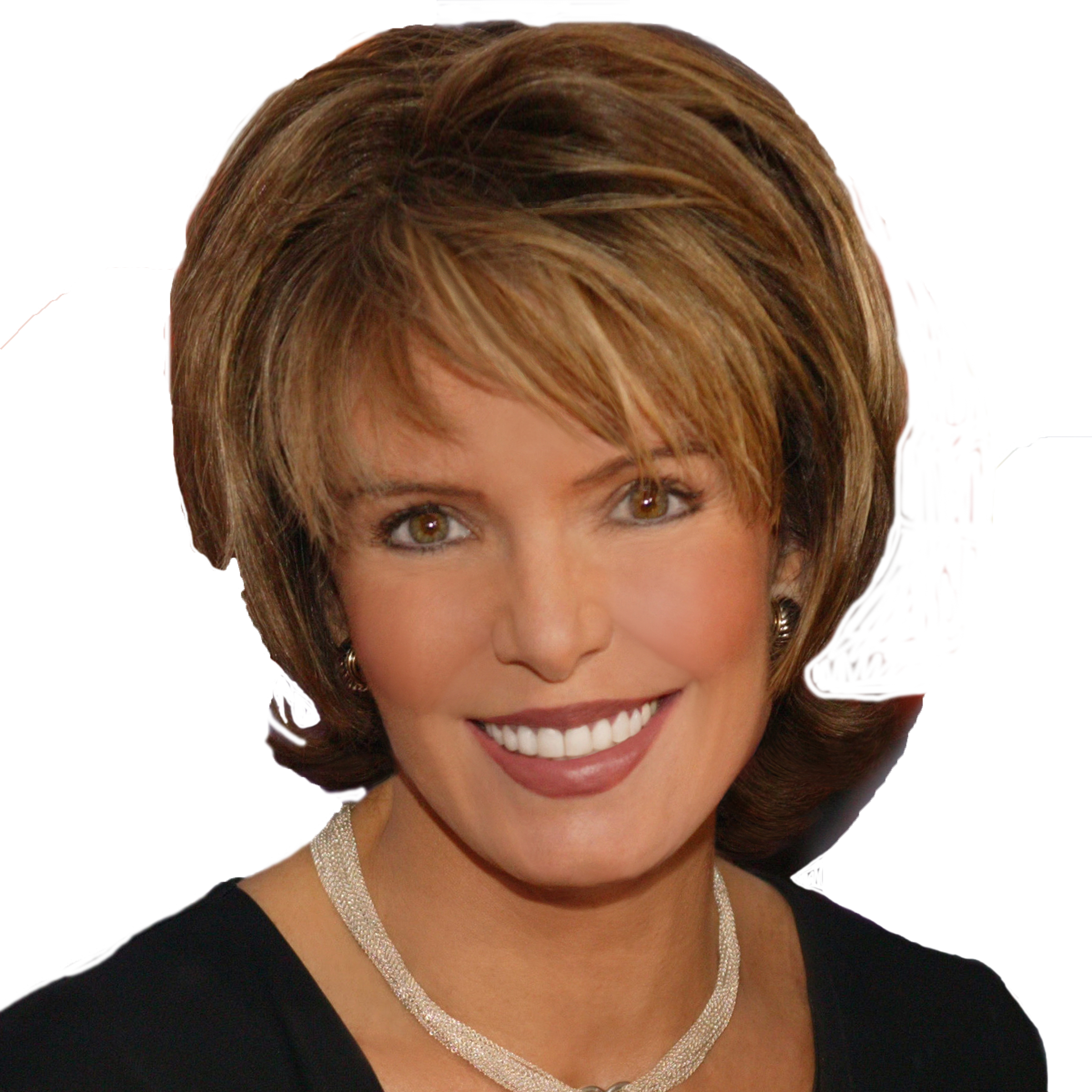 Lesley Visser
Lesley Visser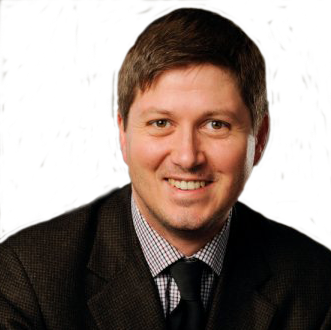 Will Leitch
Will Leitch Tim Kurkjian
Tim Kurkjian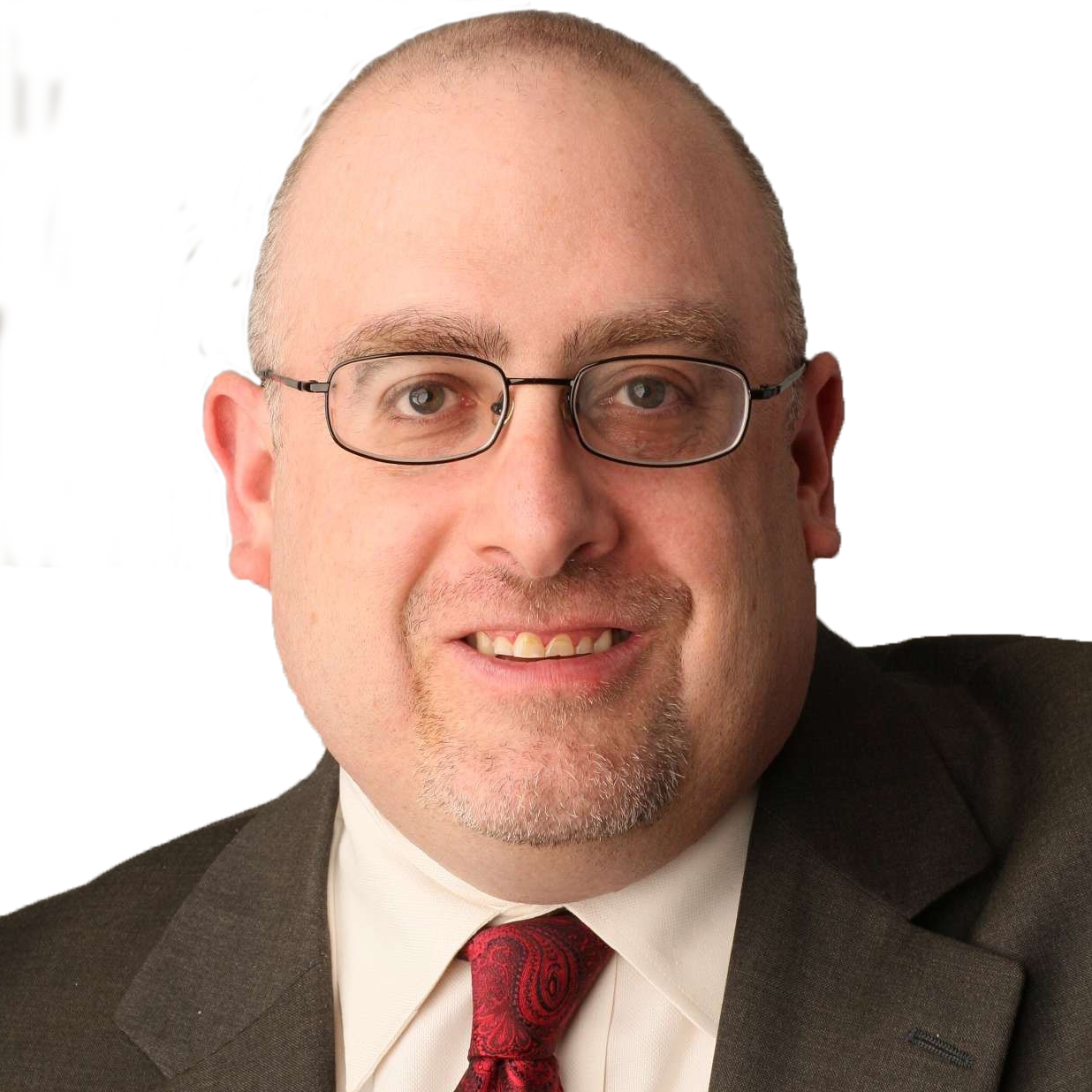 Joe Posnanski
Joe Posnanski
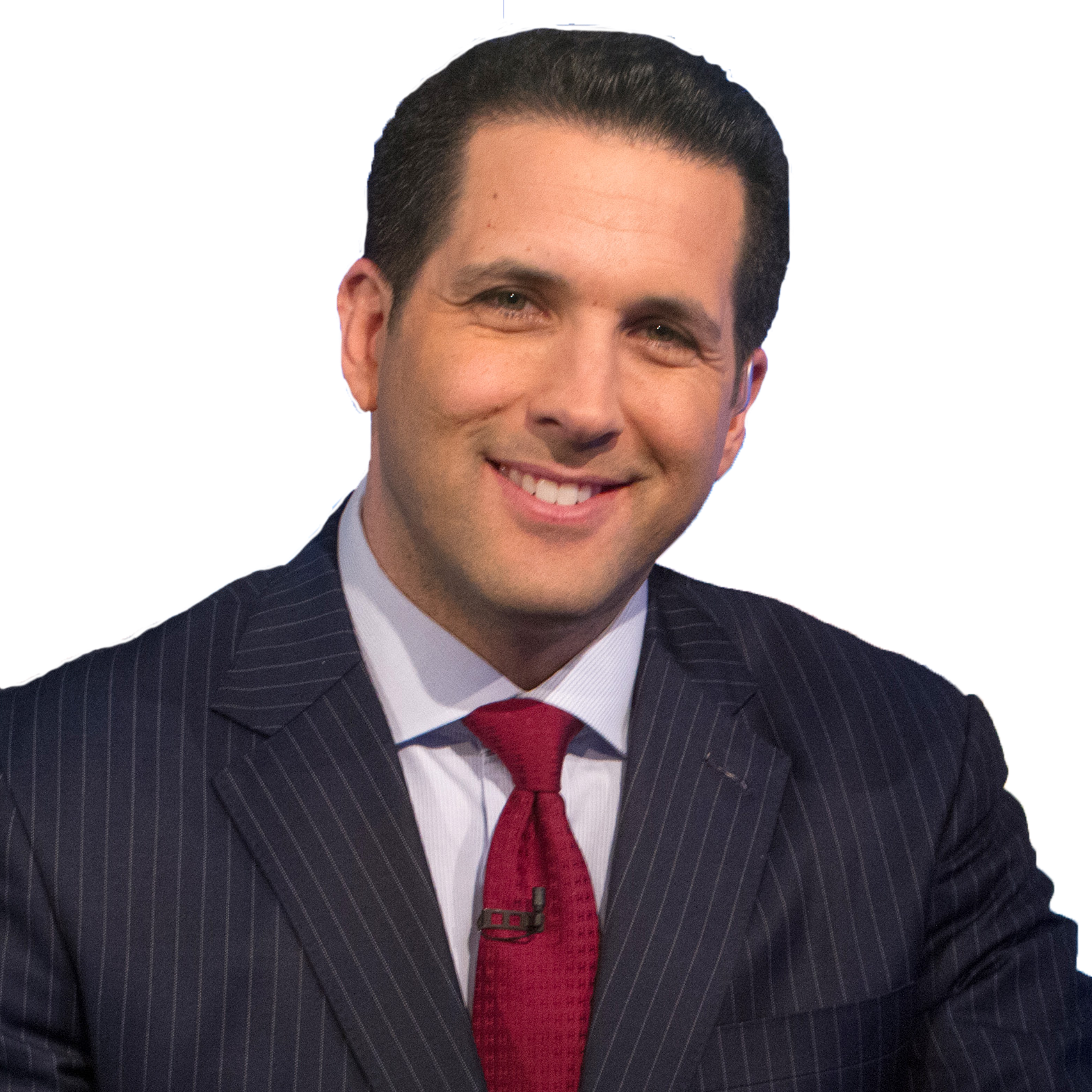 Adam Schefter
Adam Schefter
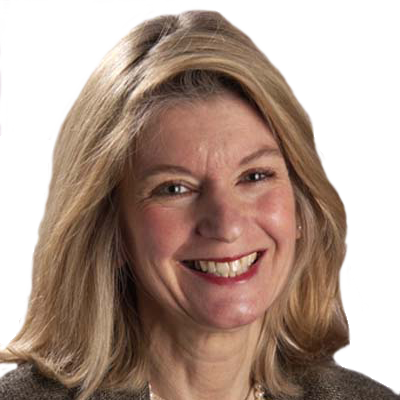 Terry Taylor
Terry Taylor
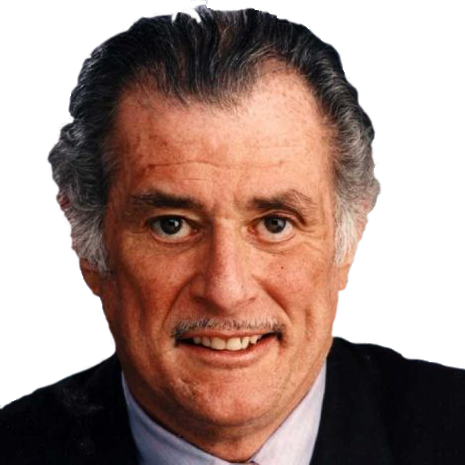 Frank Deford
Frank Deford
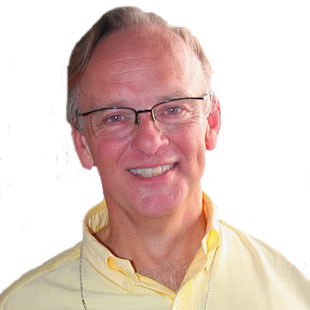 Tom Boswell
Tom Boswell
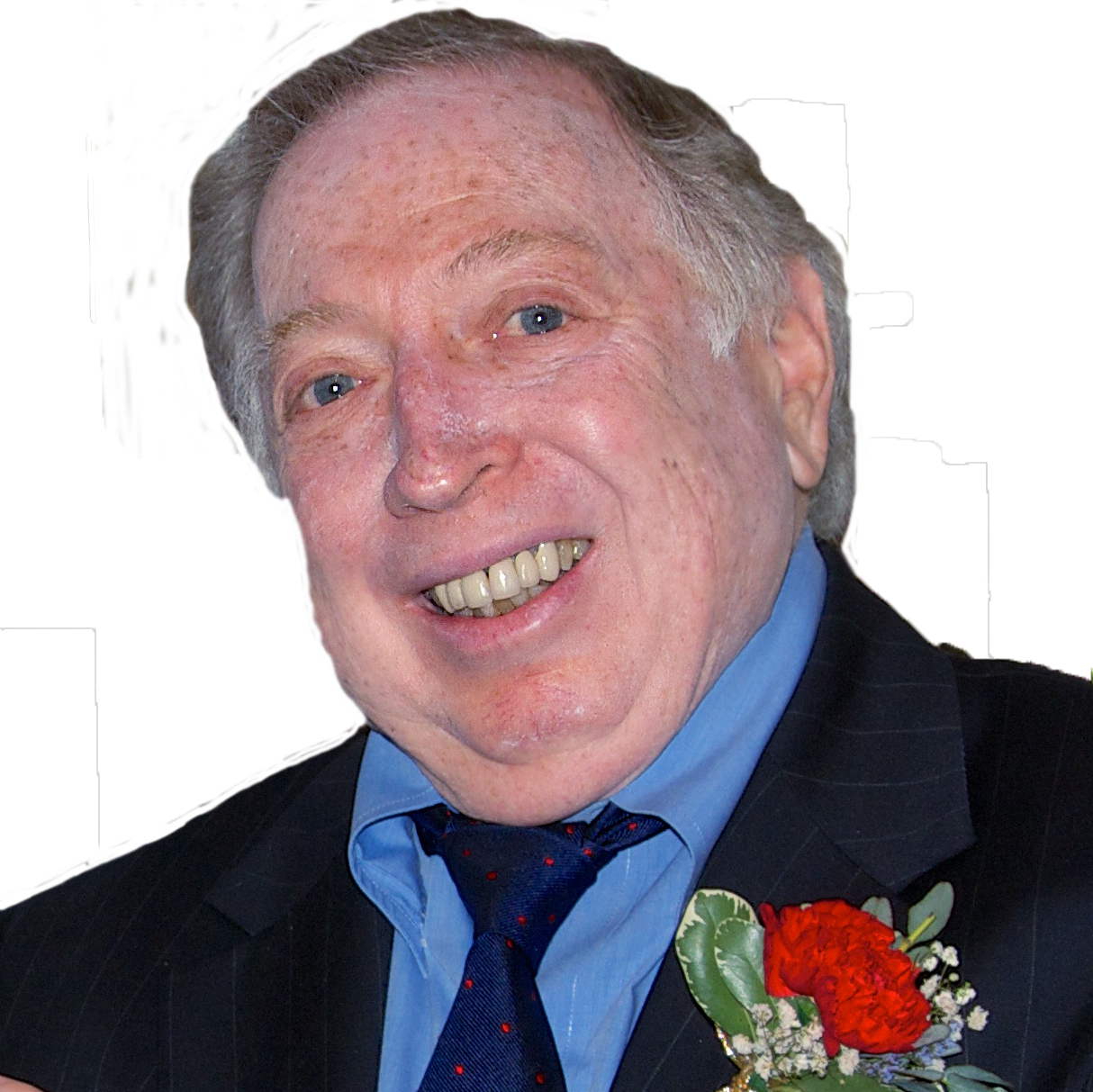 Neil Leifer
Neil Leifer
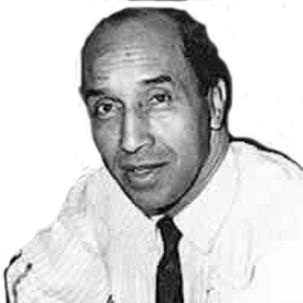 Sam Lacy
Sam Lacy
 Jane Leavy
Jane Leavy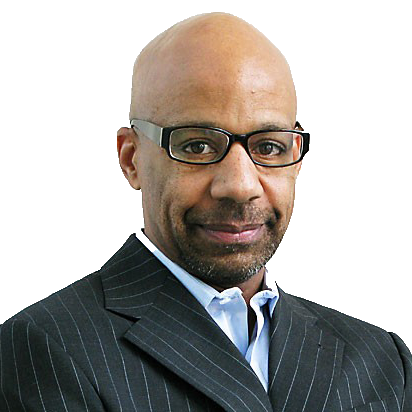 Kevin Blackistone
Kevin Blackistone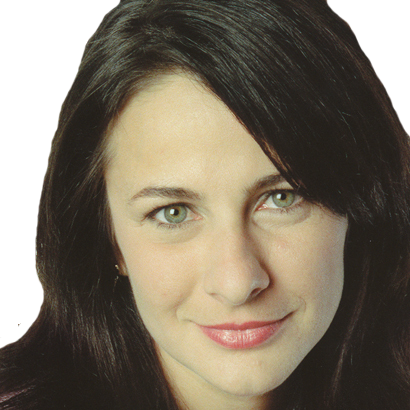 Juliet Macur
Juliet Macur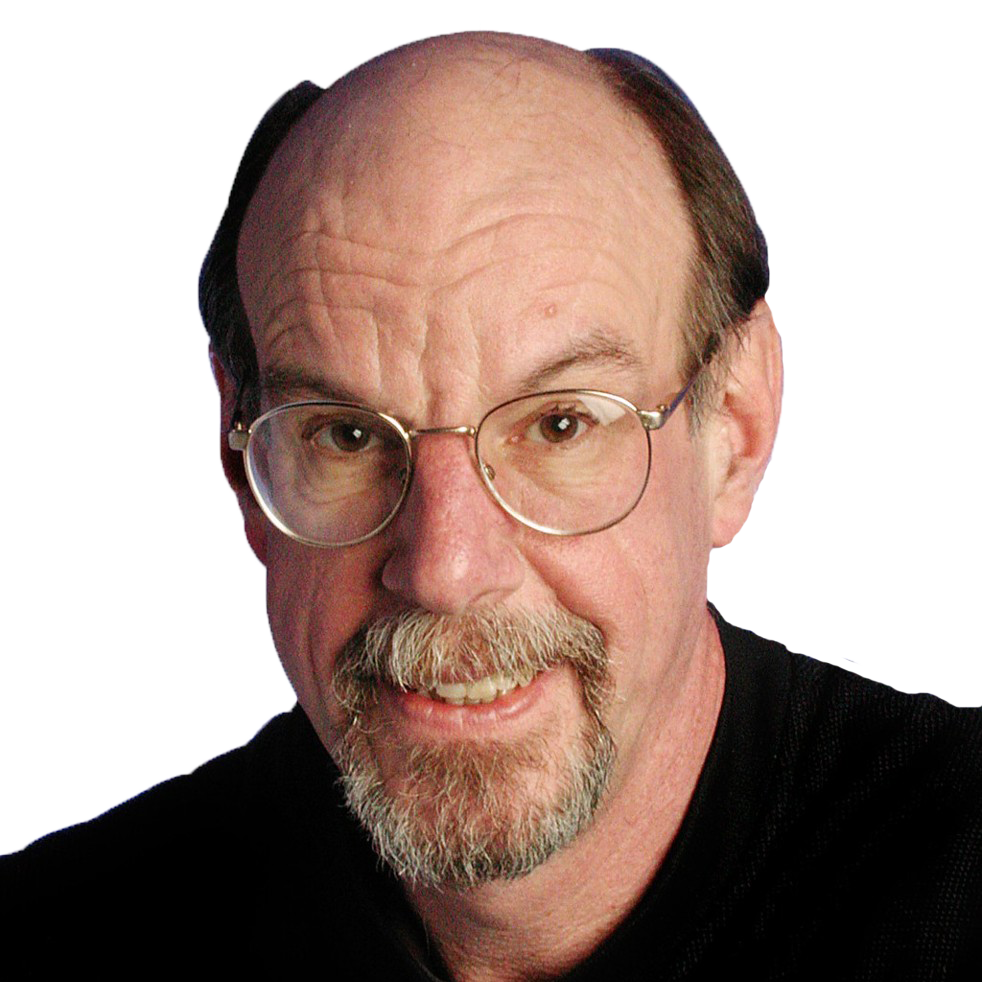 Andrew Beyer
Andrew Beyer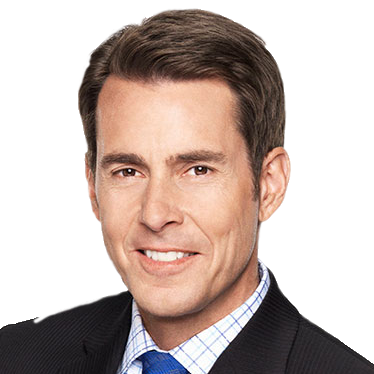 Tom Verducci
Tom Verducci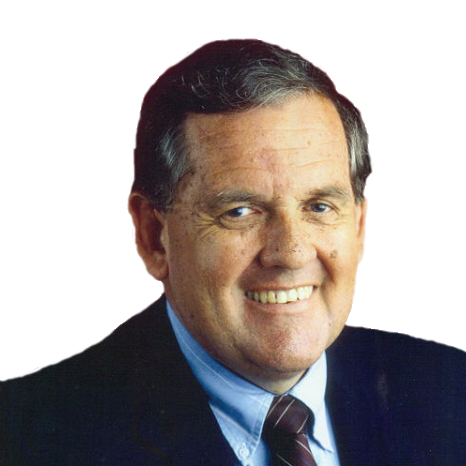 Hubert Mizell
Hubert Mizell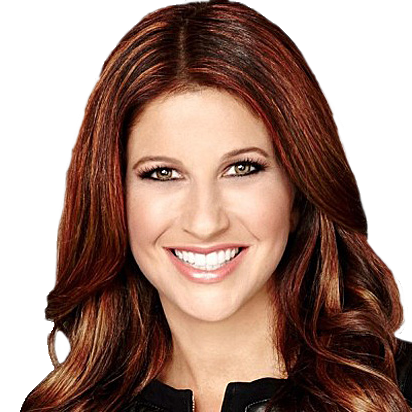 Rachel Nichols
Rachel Nichols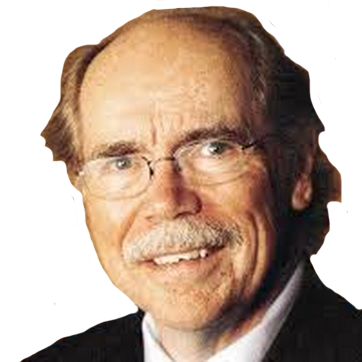 Dave Kindred
Dave Kindred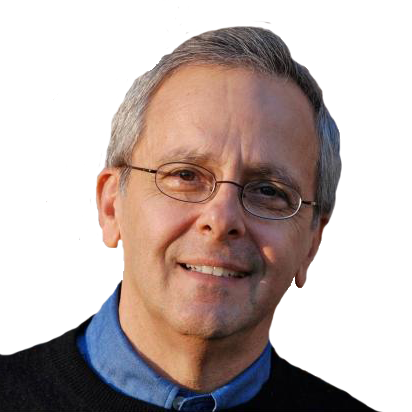 Mike Lupica
Mike Lupica Richard Justice
Richard Justice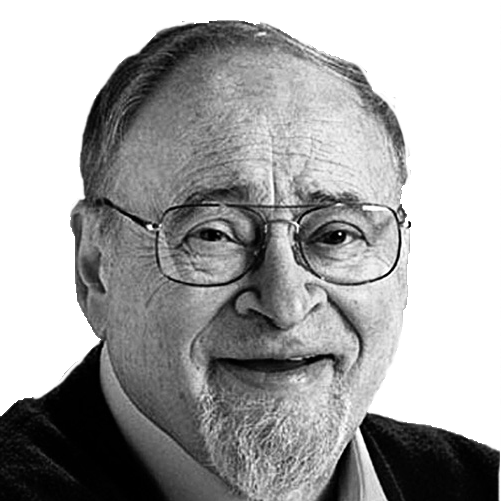 Jerry Izenberg
Jerry Izenberg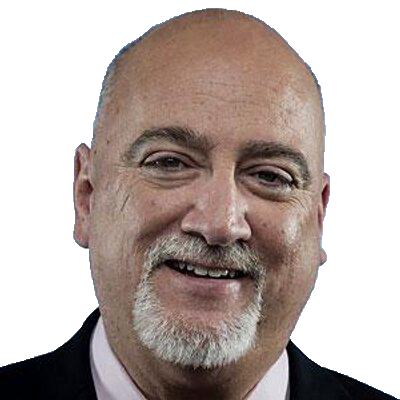 Bill Plaschke
Bill Plaschke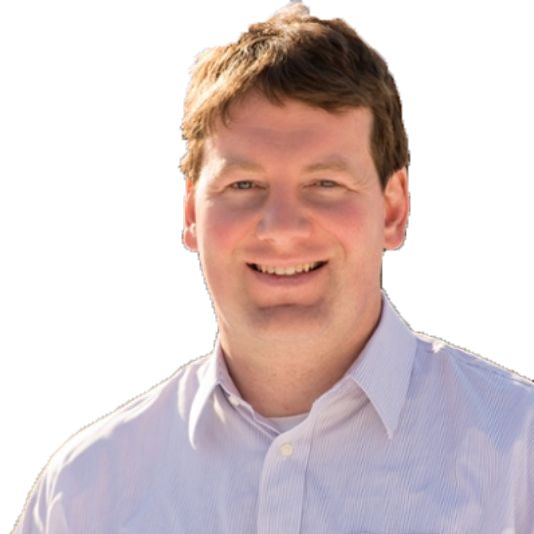 Kevin Van Valkenburg
Kevin Van Valkenburg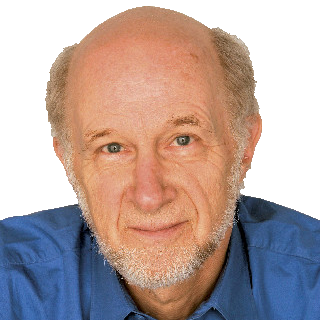 George Vecsey
George Vecsey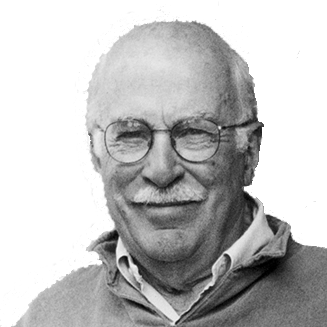 Roger Angell
Roger Angell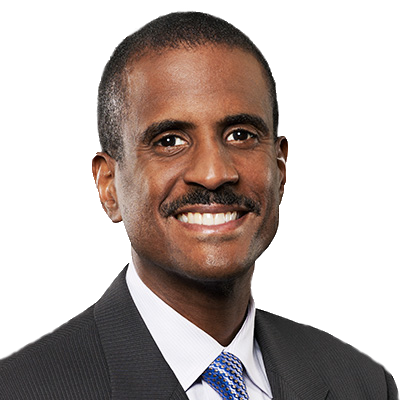 David Aldridge
David Aldridge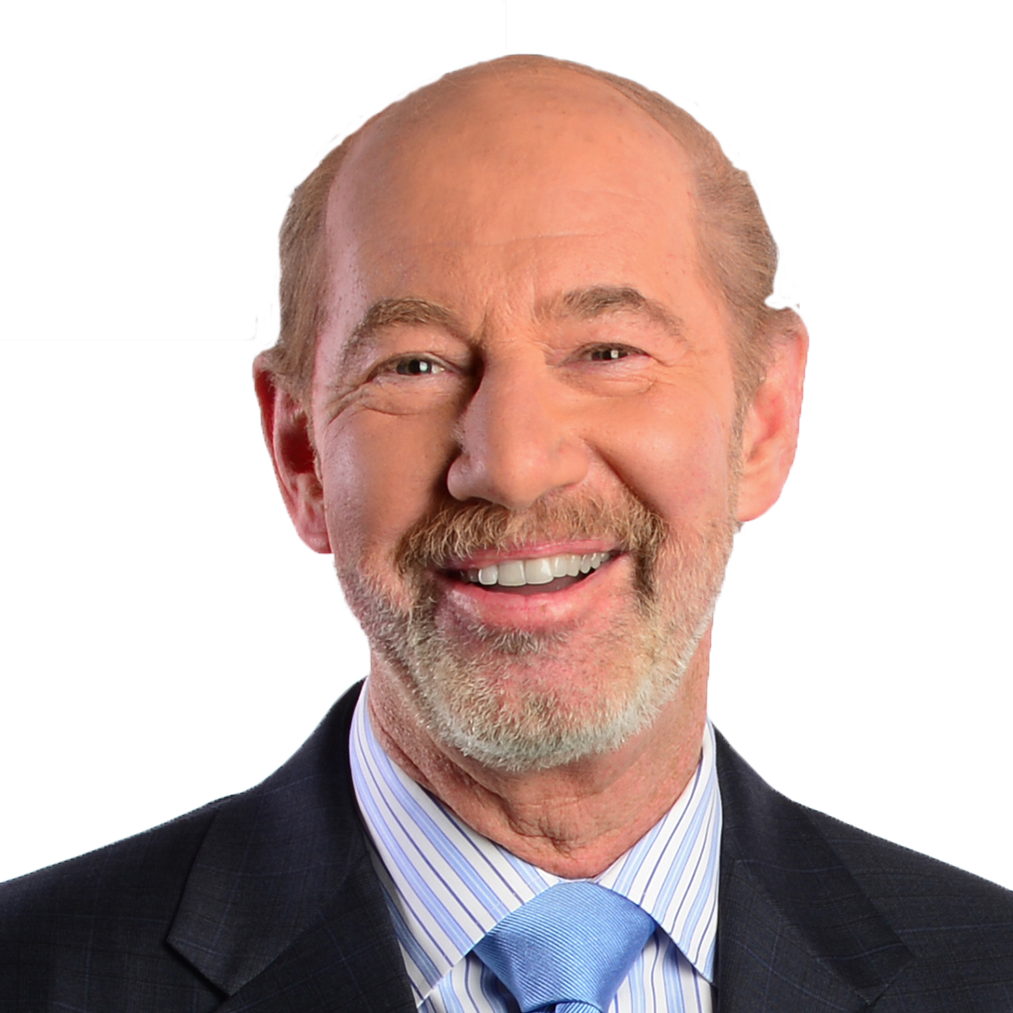 Tony Kornheiser
Tony Kornheiser Jackie MacMullan
Jackie MacMullan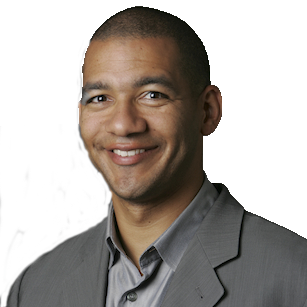 J.A. Adande
J.A. Adande Robert Justice
Robert Justice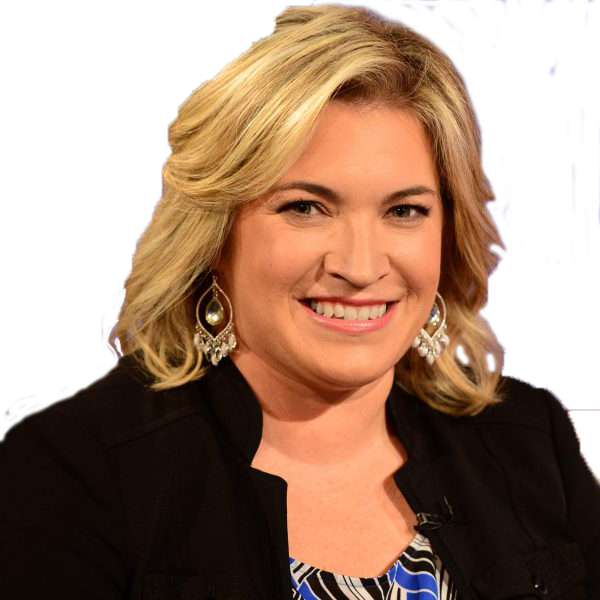 Ramona Shelburne
Ramona Shelburne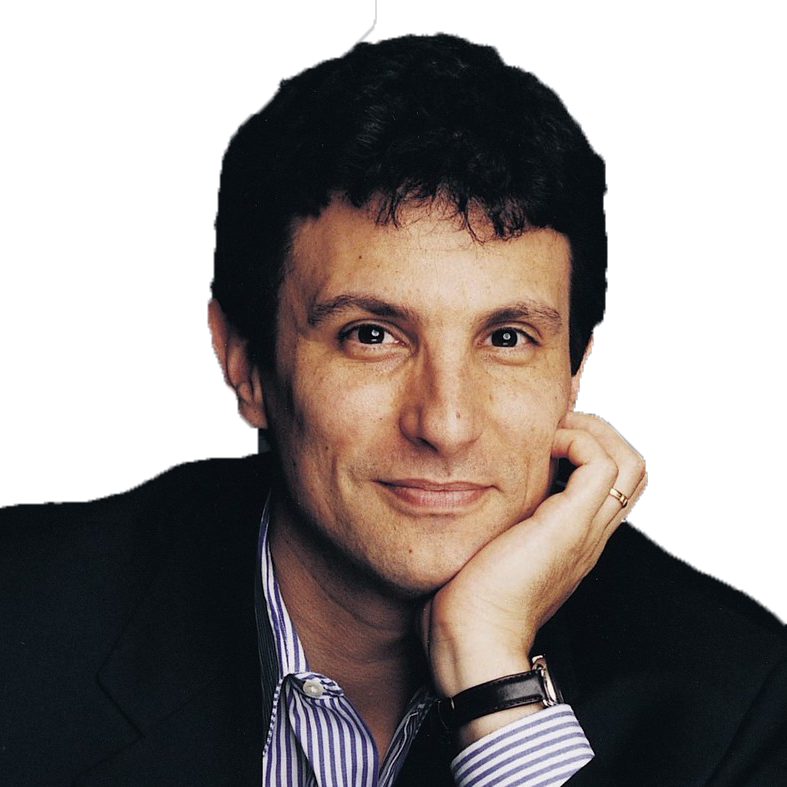 David Remnick
David Remnick Bryan Curtis
Bryan Curtis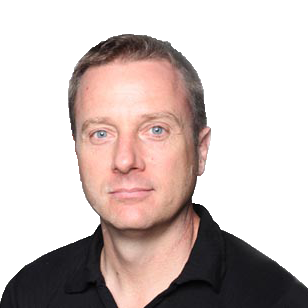 Chuck Culpepper
Chuck Culpepper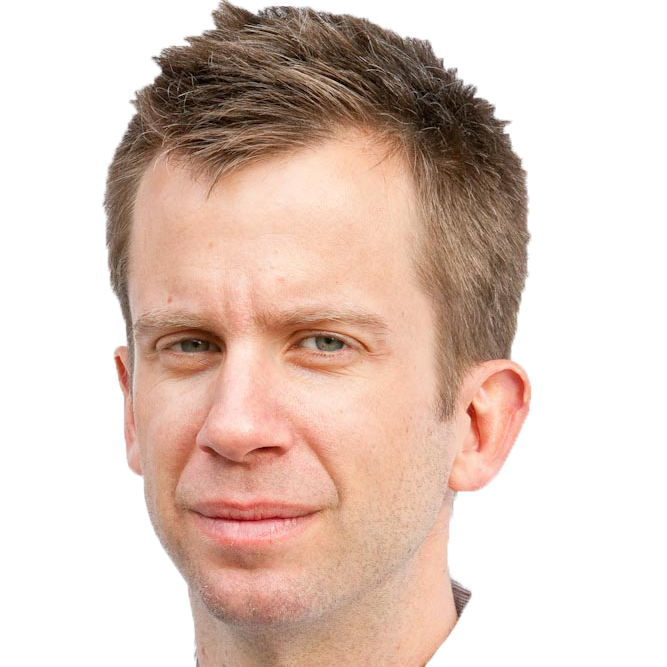 Jason Gay
Jason Gay Heidi Blake
Heidi Blake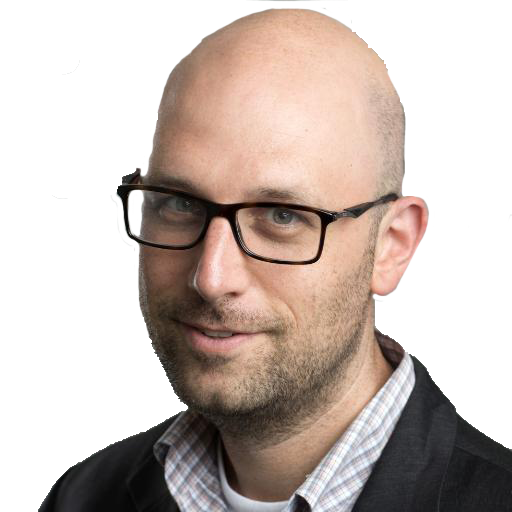 Dan Steinberg
Dan Steinberg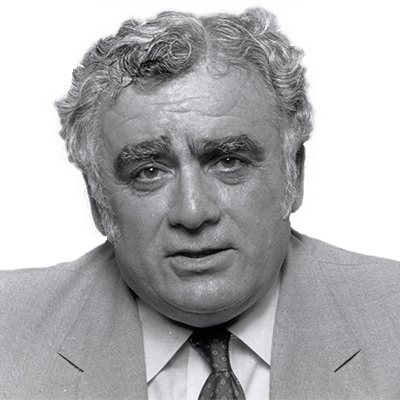 Jerome Holtzman
Jerome Holtzman Barry Svrluga
Barry Svrluga
